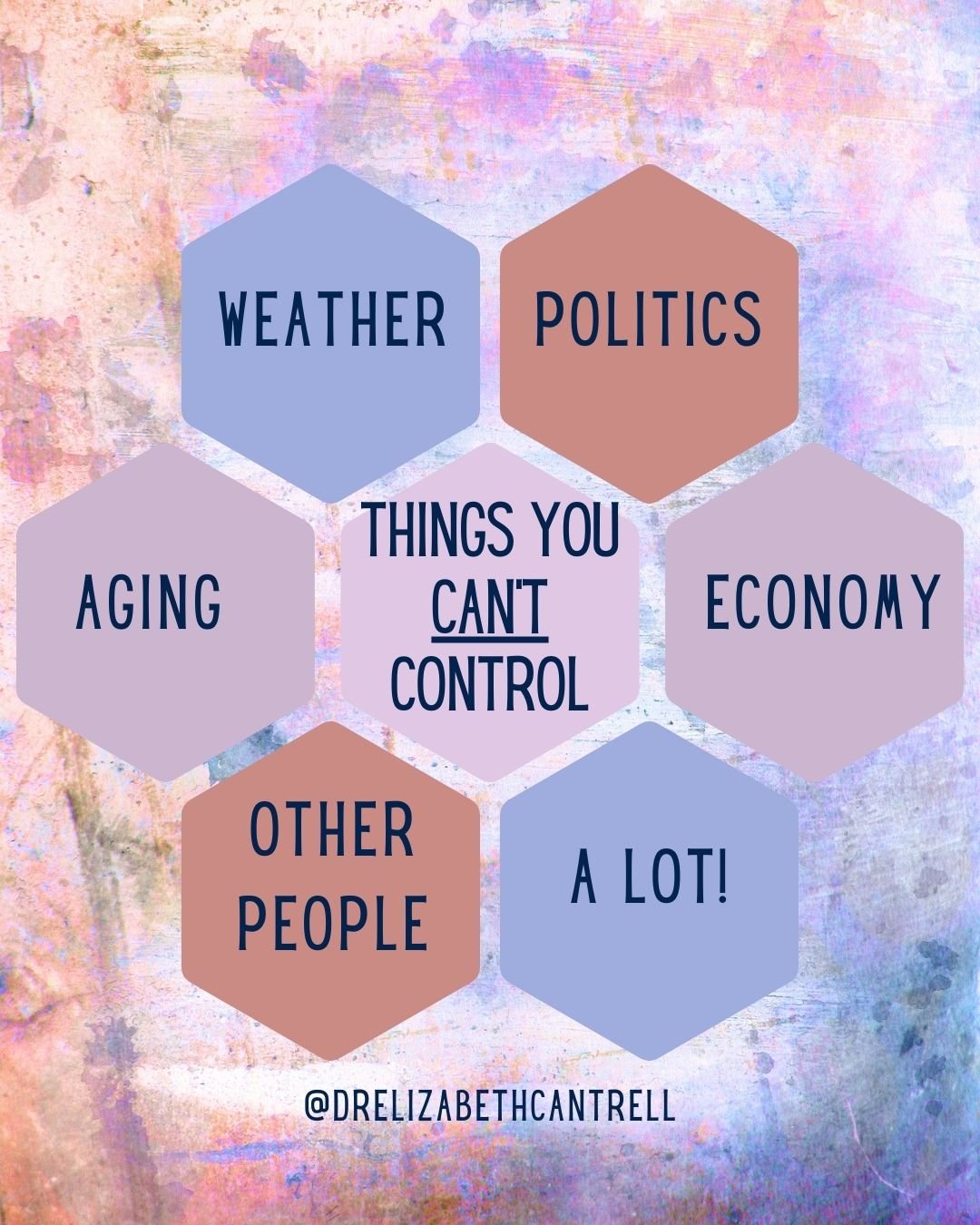Stress is tricky.
It feels like it comes from the mind, but imbalances in your body can make you feel even more stressed. For example:
💥 Blood sugar swings.
Blood sugar crashes can spike cortisol, drain your energy, and disrupt your mood and sleep.
Some things you can do to keep your blood sugar stable for more stress resilience:
✔️ Start the day with protein & healthy fat (not just sugar!)
✔️ Avoid skipping meals (low blood sugar = cortisol trigger)
✔️ Pair carbs with protein or fiber to slow the glucose spike
✔️ Reduce ultra-processed foods that lead to energy crashes
You can’t control every stressor in life—but you can strengthen your body’s ability to handle stress better 💛
Have you ever noticed food affecting your stress levels?
Let me know in the comments ⤵️
#drelizabethcantrell #bloodsugar #bloodsugarbalance #protein #naturalmedicine #functionalmedicine #functionalmedicinetesting #columbusga #colga #naturopath #naturopathic #wholebodyhealth #rootcausemedicine #opelikaal #auburnal





